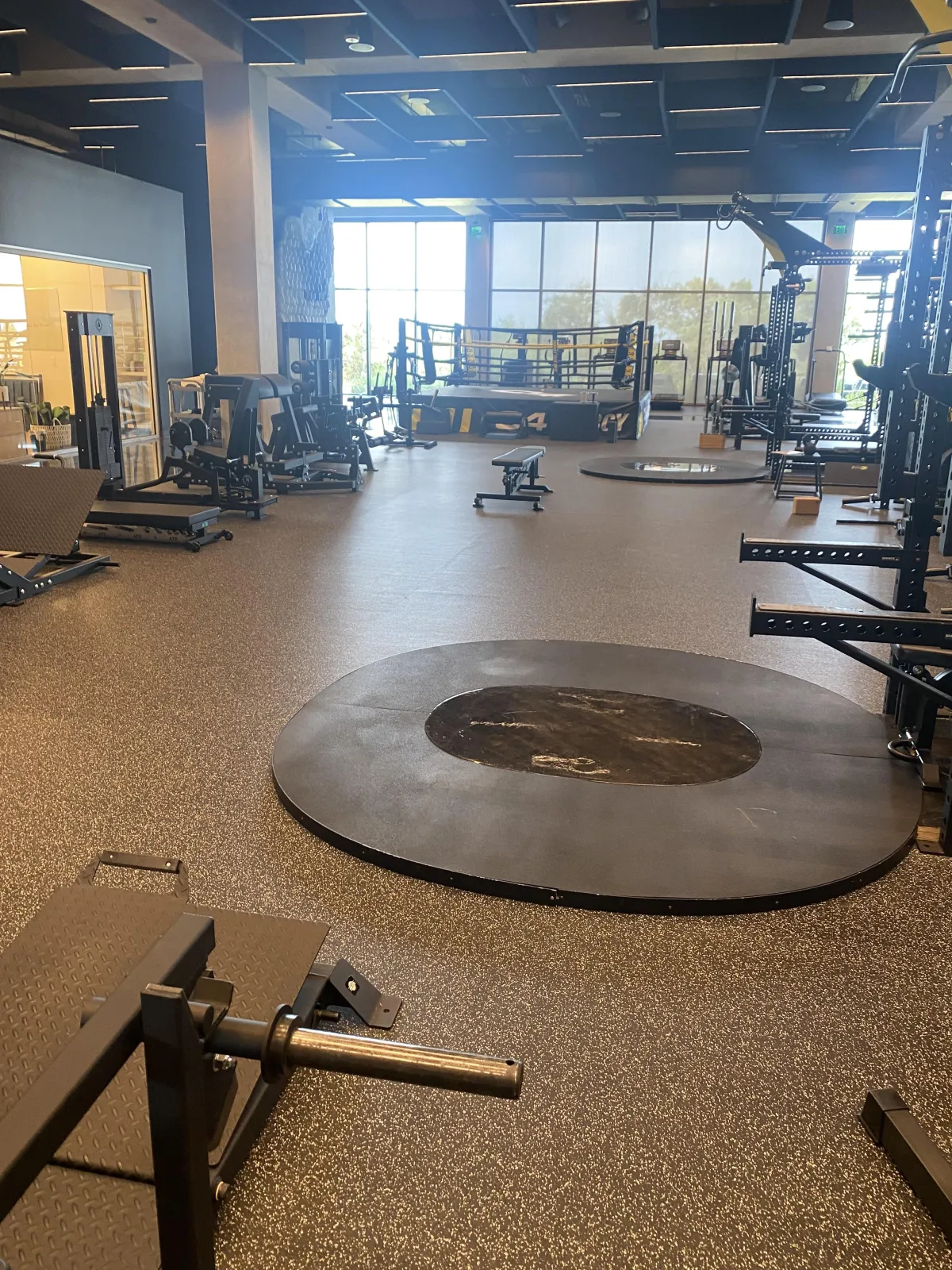ATHLETE BLOG LEOMINSTER

Here's What Happened In Texas
Last month's Universal Speed Rating summit was an incredible opportunity to work personally with their team, and learn from some of the best in our industry.
Many presenters don't just work with youth athletes, they're also the ones the pros seek out for their offseason training.
A few provided information that's just as valuable to a sports parent as it is to all of the coaches in attendance.
Here are the ones I feel are most relevant to helping your son or daughter succeed in athletics.
What Kind Of Coach Does Your Kid Play For?
Nashville based strength coach Cody Hughes spoke about why some coaches make an impact, and some don't. He broke down leaders into 4 categories:
The AbdicatorThey don't challenge their players and don't support them. Their teams tend to lose all the time, and they're OK with that.
Apathy is the best word to describe their culture.
The ProtectorThey don't challenge their players either, but do support them.
This leadership style tends to produce a more entitled and mistrustful team environment.
The TyrantThese coaches challenge their players limits, but don't pay much mind to them as individuals.
As such, they tend to win a lot but don't help their kids develop as human beings.
Fear and manipulation are how these coaches maintain control.
The LiberatorThey both challenge and support their players, the model Hughes believes we should all strive for.
Liberators provide opportunity for everyone, empowering them to be the best version of themselves, and do so in an encouraging style.
His message to us was one of striving to be Liberators, and encouraged parents to be mindful of how a team's leadership dynamic can undermine the long term motivation of its players.
Overtraining Doesn't Mean Inaction
There are no days off when you're preparing for the NFL Combine.
That doesn't mean care isn't taken to ensure a prospect's health comes first.
Danny Foley is the co-founder of Rude Rock Strength & Conditioning, a company that excels in return to play and injury restoration training.
Rude Rock prepped a group of over 30 NFL prospects over an 8 week training program, and kept them all healthy due to their holistic approach.
Pre-session they use biomarkers to measure how worn down individuals are.
Then, they ask during warm ups how they feel, both physically and mentally.
If anything isn't right, which would make high intensity training more likely to cause a hamstring pull or something like that, they immediately adjust the plan.
Tight muscles get deep tissue massage.
High fatigue athletes get extended warm ups and lower intensity training.
Danny and his team shared a wide range of return to play strategies they use regularly in their San Diego operation.
Simplicity X Consistency = Mastery
Do you ever wonder what the pros do for training in the offseason?
if they work with Brian Kula, like Saquon Barkley and Christian McCaffrey do, it's not as fancy as you'd expect.
What's interesting about Coach Kula's speed program is that it's simple.
His incredible success over a 30 year career doesn't come from knowing more exercises than others, or in unlocking some better drills.
Quite the opposite.
Most of his time is spent working on just two drills, although admittedly there are tons of variations.
Meaning the workouts designed for McCaffrey and Barkley are nearly identical to those run by the ten year olds at his facility.
He preaches mastery of the fundamentals needed to play fast, and the results his most dedicated athletes see is proof of its value.
Coach Kula's message is to do what works, and do it often.
Don't worry about variety, stick with what gets fantastic results.
Strength Training For Speed Is Just Different
The last presenter of the weekend was USR founder Les Spellman, a guy who loves to challenge conventional wisdom.
He highlighted the fact that many coaches keep their athletes out of the weight room because they think it'll negatively impact speed.
Other coaches feel strength is the key to getting faster.
Spellman argues they're both wrong.
His belief is that strength does enhance speed, you just have to do it differently than most.
It's a stance he backed up with enough science to make Bill Nye proud.
A greater emphasis on fast stops is one commonly missed tool.
So are five to ten second isometric holds against resistance.
But most controversially, he suggests a de-emphasis on how much you can lift.
Spellman's point being the type of force an athlete must produce in sprinting happens many times faster than you can move a heavy weight.
Yes, lifting heavy can help, but he says it's maybe only 10-20% of the speed formula.
Having a high countermovement vertical jump and being able to rapidly bounce off the ground repeatedly play far greater roles.
These are, admittedly, brief summaries of far more complex topics.
If you want more details on any of this, all four coaches share plenty of information on their Instagram pages:
Cody Hughes: @clh_strength
Rude Rock: @ruderockhp
Brian Kula: @briankula
Les Spellman: @les7spellman
And of course, if you'd like to chat at the gym I'd be happy to expand as much as I can.
Power Source Reviews
© Copyright 2025. Power Source. All rights reserved.
|
